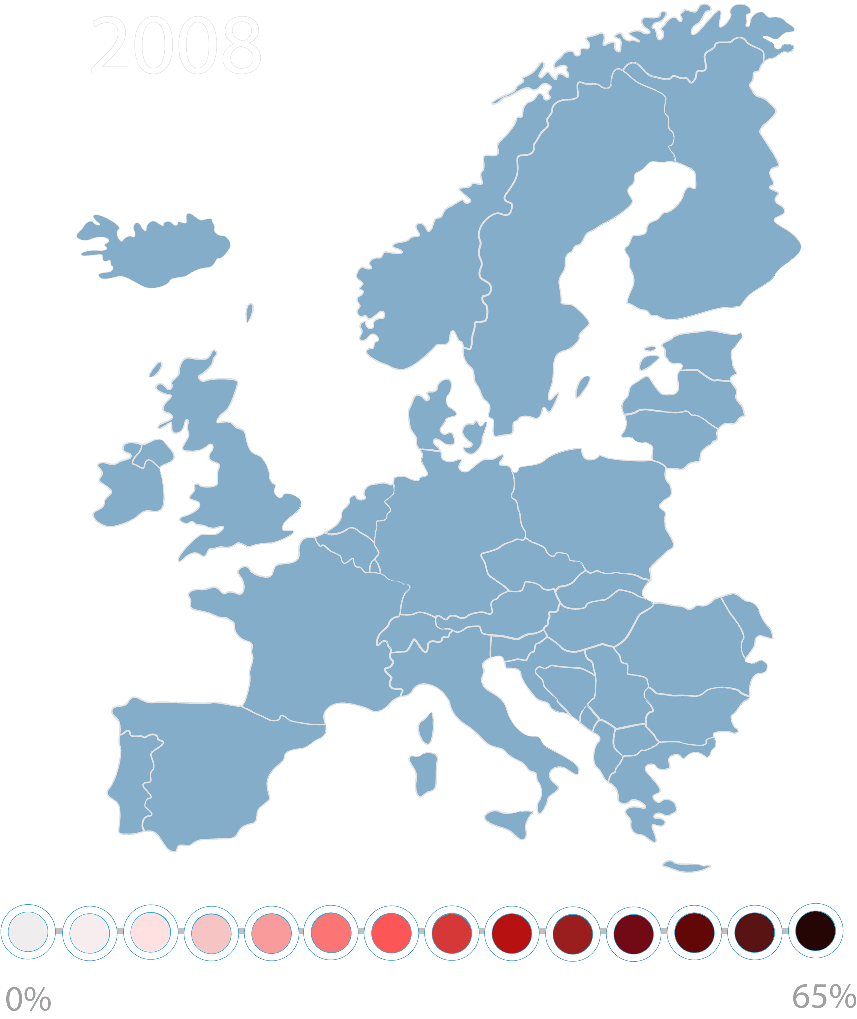
Populists are gaining in importance due to a growing dissatisfaction and disaffection with politics among citizens. This is caused e.g. by developments related to globalisation and rapid technological change that are difficult to understand and affect personal lives. Another cause is a multitude of crises since 2001 and especially the past decade like the European debt crisis, the refugee crisis, BREXIT or Covid-19. Political decisions affect people more directly than ever before, but are often not understood, are considered over-bureaucratic and distant from life.
Populists seem to pick up on concerns, pretend to understand citizens’ worries and anger, give simple answers to complex issues and claim to speak for “the people”. The political scientist Jan-Werner Müller summarises that populists claim to be the only legitimate representative of the true people, a part of the population of plural societies of the present is appropriated, while other parts are excluded as not belonging. Populists divide society and are thus a serious threat to pluralist democracies.
The situation is heated up through enemy images created and promoted by populist politicians and opinion leaders, by the distribution of fake news (or alternative facts) and hate speech in digital media. This leads to a decline in European values such as respect for the opinions of others, listening to each other, objective discussions and a willingness to compromise.

